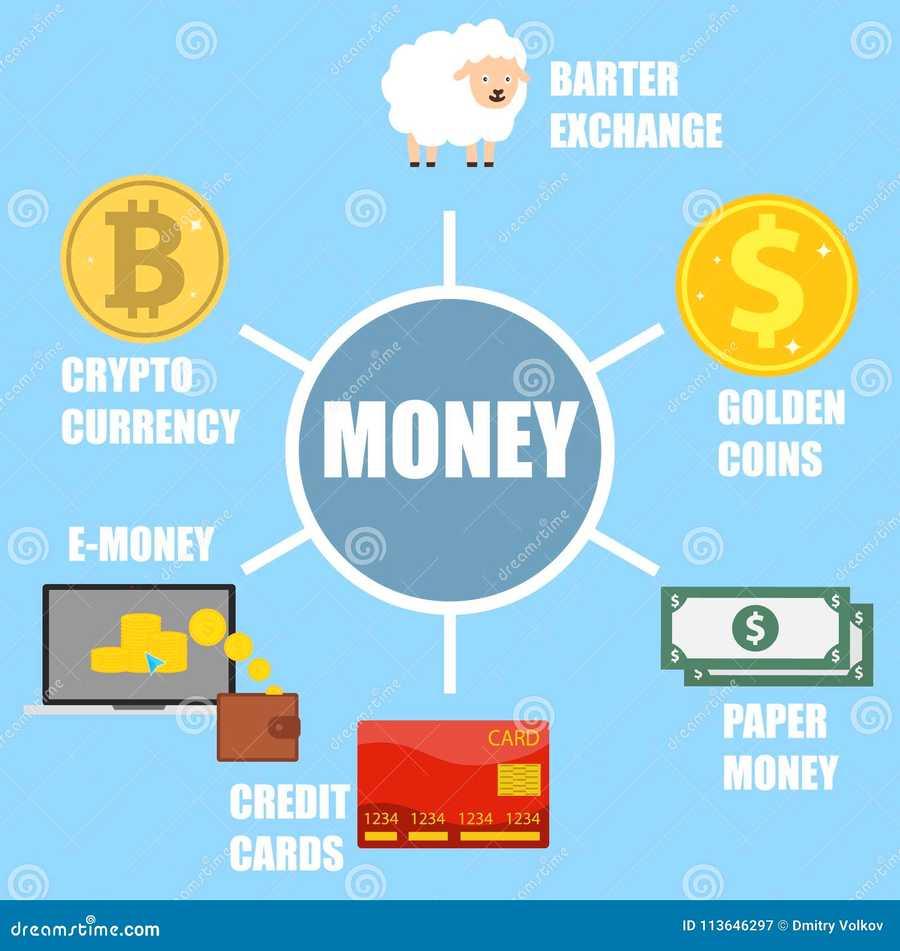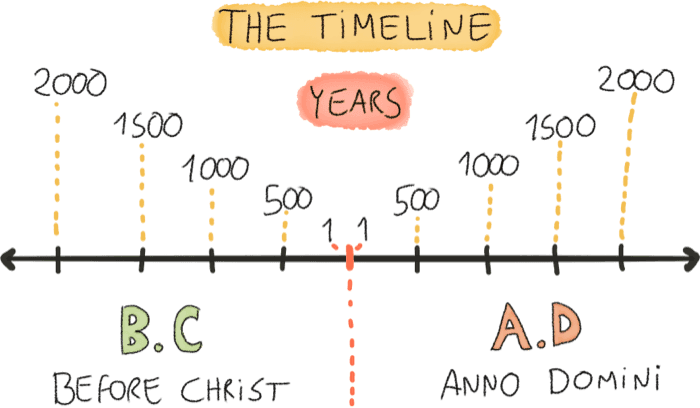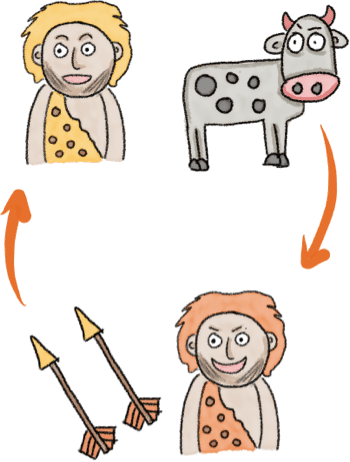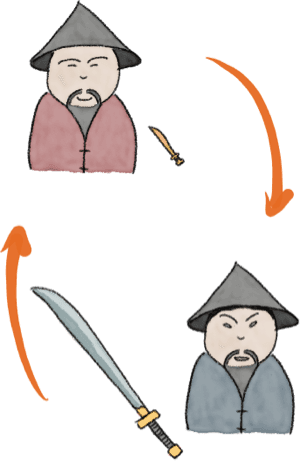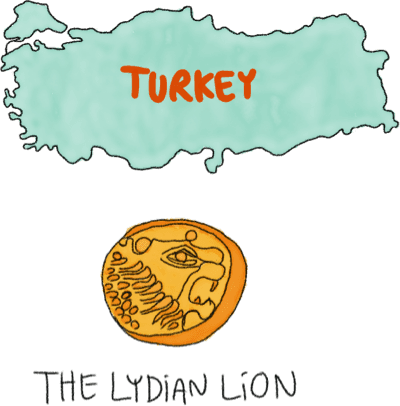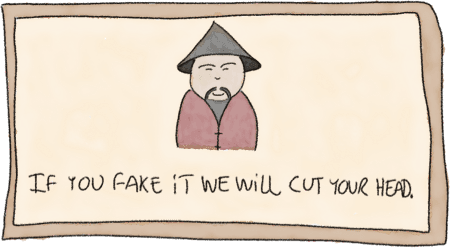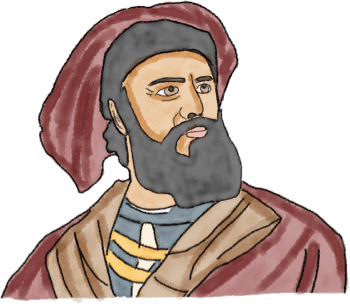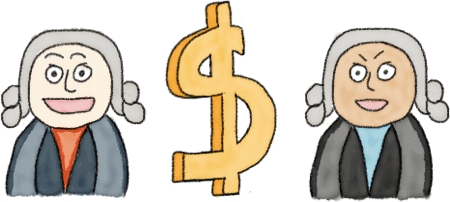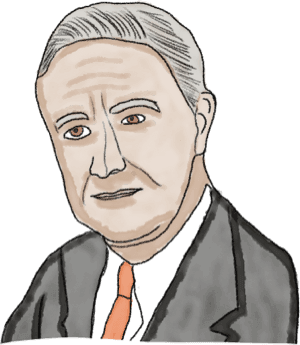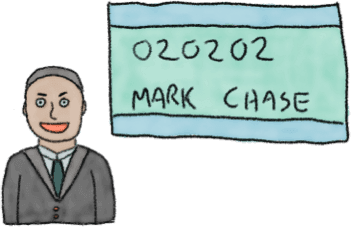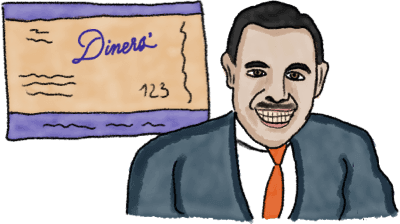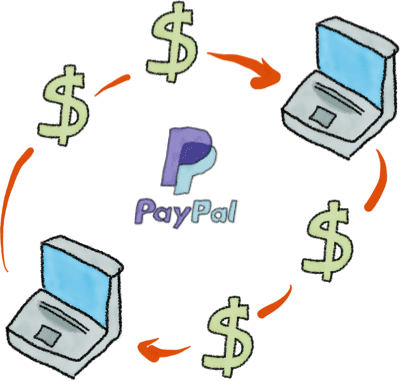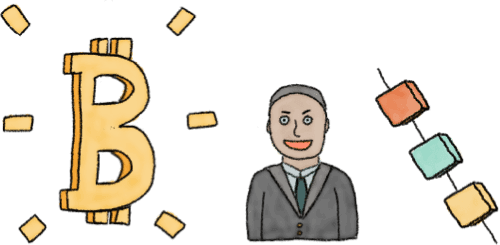History of Money - Timeline of Monetary Evolution
Curated from: thetradingbible.com
Ideas, facts & insights covering these topics:
21 ideas
·66.6K reads
241
6
Explore the World's Best Ideas
Join today and uncover 100+ curated journeys from 50+ topics. Unlock access to our mobile app with extensive features.
What is money?
Money is a WIDELY ACCEPTED medium of EXCHANGE. Lets analyse each word, they really have a huge importance:
- Widely: it has to be accepted by many people, otherwise it can’t work.
- Accepted: It has to be accepted by all these people, which means we need to have some sort of agreement that we will all accept it.
- Exchange: Now that everyone accepts it, we also agree that it has some sort of value and we can exchange it for certain things.
747
7.43K reads
Why is money valuable?
The reason money is valuable is because we all have FAITH in it, and this faith is operating in present and future times.
Think about it, the reason we believe in money is because we know that if we save some amount of it, we can use it in the future to buy something as this money will still have value, right?
709
5.08K reads
Countries currencies used to be backed by gold long ago
Countries currencies used to be backed by gold long ago, nowadays they’re only backed by governmental policy so we could agree that:
- Good government equals to: good monetary policy and valuable currency
- Bad Government equals to: bad monetary policy and currency losing value
- Communist dictatorship equals to: no policy, just theft and the country’s currency becomes worthless and destroyed
710
4.82K reads
The Timeline we’ll use for the History of money
In case you’re not familiar, this is the timeline of history we’ll be using.
- BC stands for: Before Christ
- AD stands for: Anno Domini
It can get a little confusing because everyone is writing different timelines, using different codes and letters, so we want to keep a simple standard for our article.
685
4.46K reads
Barter and Gift Economies - 9000 B.C
Bartering is the act of exchanging goods or services without using money, so an example would be: give me 2 arrows and I’ll give you a cow.
Despite the fact that a lot of sources claim that Barter was the first way in which we conducted economical transactions, there is no clear evidence that this was the case and let’s analyse why:
681
3.89K reads
Bronze Age - Commodity Money - 3000 B.C
In several places around the world commodity money was gaining traction, now, what do we mean by this?
Well, commodity money are objects that are valuable by themselves and are also valuable when using them as money.
676
3.71K reads
The Babylonian civilisation
One of the most interesting parts about this segment of history is that the Babylonian civilisation was already implementing some primitive economic systems where they had contracts, laws, rules of private property and debt.
It was only a matter of time until a universally defined medium of exchange came into play.
678
3.34K reads
Chinese Miniature Replicas - Around 1100 B.C
Around the year 1100 B.C in certain parts of China miniature bronze replicas of goods were being used, so if you had wanted to get a sword, you would have likely needed to have a miniature bronze sword as the equivalent currency to get one.
Bear in mind that the fact that miniature replicas were being used as currency in China, that doesn’t mean that coins didn’t exist already in some places, they were just not official means of exchange yet.
681
2.99K reads
The First Official Currency - Lydian Lion Around 600 B.C
Around 600 B.C King Alyattes minted what would become the first official currency ever recorded.
Each coin was made from electrum alloy which is a mixture of silver and gold.
A very fun thing that we never managed to understand is, why lions were sculpted or depicted with two possible faces:
- Concerned as if they had problems
- Cold as if they were a cartoon freezing
685
2.96K reads
The First Paper Money - Around 700 A.D
Around 700 A.D during the Tang Dynasty in China there were already some forms of paper money like bills and credit notes. The Government realised that it was far more convenient to use credit notes to conduct transactions instead of carrying a whole load of coins.
679
2.96K reads
Europe - Paper money
Paper money arrived in Europe thanks to the travels of the great explorer Marco Polo around the year 1200 A.D.
It was not until the year 1661 that the first Banknote was issued in Sweden.
681
2.82K reads
The Invention of the U.S Dollar - April 2, 1792
The term "Dollar" already existed before the U.S adopted it as its official currency name. It was very common during the colonial period when referring to the Spanish Real coin.
In the year 1775 the Continental Congress of the United States authorised the issuance of Continental currency but it wasn't until the Coinage act of April 2, 1792 that an official monetary system was defined and the U.S dollar came to life as the official currency for the United States of America.
684
2.55K reads
End of the Gold Standard - March 3, 1933 - August 15, 1971
On March 3rd 1933, President Franklin D. Roosevelt closed all the banks in the U.S.A.
Banks held large amounts of Gold which were backing all the available U.S dollars. At those times there was a fixed exchange rate between U.S dollars and Gold.
Gold standard ended officially when president Richard Nixon on August 15 1971 announced that the U.S would no longer convert dollars to gold at a fixed value, that’s how the gold standard ended.
Nowadays, fiat money is no longer dependent on gold but rather on governmental policy.
683
2.49K reads
The First Bank Issued Card - Around 1946
The creator of the first bank issued card was Mr. John Biggins of the Flatbush National Bank of Brooklyn in New York around 1946.
Biggins created the “Charge-It” program. Merchants could send sales slips into the bank after a customer used the card with them and the bank would then go and bill the customer back.
674
2.44K reads
Frank Macnamara and the Diners Club Card - Around 1950
Frank Macnamara had an idea, to create a card that allowed you to dine in restaurants and the Diners Club would pay your bill and you would pay them later.
The card was originally intended for a very small and exclusive group of 200 people belonging to the club, but the idea caught on fire and in less than a year there were more than 20.000 cardholders and you could use them pretty much everywhere.
675
2.23K reads
Paypal and Digital Money - Around 1990
In the 1990’s there were 2 different businesses known as confinity.com and x.com, both were diving into the online banking world separately through several innovative ideas.
At some point both companies decided to merge and gave birth to Paypal, the online payments giant.
Fun fact: Elon Musk the founder of Tesla was the owner of x.com, as you can see, he’s always working on some great thing.
681
2.29K reads
Bitcoin and the Crypto Revolution - Around 2009
Around 2009, a mysterious developer known by the Alias "Satoshi Nakamoto" created Bitcoin.
Bitcoin grew with no official employees, no marketing and no investors to become the world’s largest digital currency.
686
2.38K reads
Bitcoin
In terms of the history of money, Bitcoin is relevant because it presents the following changes:
- Fiat money is backed by governments, Bitcoin is decentralised and the power lies on the whole network, not one person that can make decisions.
- Bitcoin gave anonymity to people who transact on the network.
- The blockchain system became a way to perpetually store records that cannot be altered and are always publicly accessible.
Thanks to these features, bitcoin took the world by surprise and proposed an interesting leap forward in technology.
691
2.13K reads
Conclusion
Money has come a long way, from gift economies to blockchain powered currencies running over the Internet, it’s all quite impressive.
Humans are always looking for ways to improve systems, the reason people evolved from commodity money into miniature replicas, coins and then banknotes was to make transacting easier.
676
2.01K reads
Every time a new technology comes by, another one can go down.
It’s up to us to sit down, try to think of what could be the next future steps for humanity so we can use this information to make decisions.
If you’re an investor or trader in the stock market, then you know that if a particular company is providing certain technology that could be a game changer in the way we transact, then it’s time to look into that.
Good luck and I/we hope you liked it!
674
1.73K reads
IDEAS CURATED BY
“I like to challenge myself and give myself a timeline. It pushes me to be more creative and actually do these things, not just dream about them.”
TimeLine A-Z Evolution's ideas are part of this journey:
Learn more about crypto with this collection
Understanding the basics of cryptocurrency
How to store cryptocurrency securely
Risks and benefits of investing in cryptocurrency
Related collections
Similar ideas
12 ideas
History of Metaverse - A Journey Through Time - computingnirvana.com
thingstodoclub.com
8 ideas
How bitcoin grew up and became big money
theverge.com
15 ideas
Top Blockchain Companies in 2022
blockchain.works-hub.com
Read & Learn
20x Faster
without
deepstash
with
deepstash
with
deepstash
Personalized microlearning
—
100+ Learning Journeys
—
Access to 200,000+ ideas
—
Access to the mobile app
—
Unlimited idea saving
—
—
Unlimited history
—
—
Unlimited listening to ideas
—
—
Downloading & offline access
—
—
Supercharge your mind with one idea per day
Enter your email and spend 1 minute every day to learn something new.
I agree to receive email updates

